The US-China tension is heating up day by day, Russia is tied down in the military conflict in Ukraine, is this an opportunity for the EU to show itself and move up to the position of the world's third superpower?
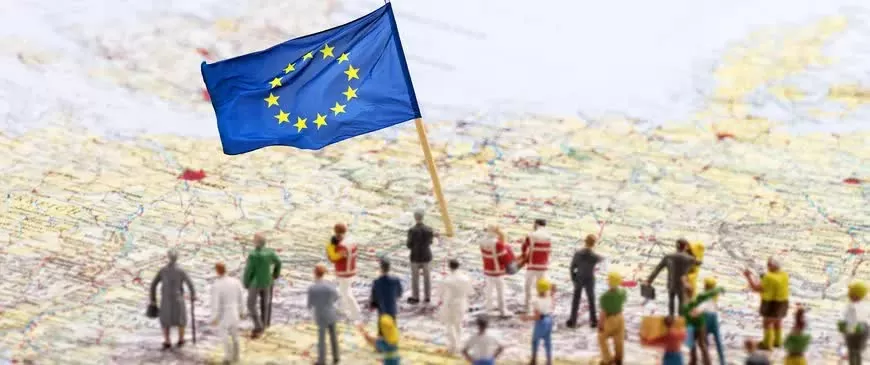 |
| US-China struggle to determine victory, Russia is 'tied down', has the flag reached the EU? (Source: storyap.eu) |
In the early 1990s, as the Cold War faded into memory, the Maastricht Treaty established the existence of the European Union (EU). Since then, the EU has struggled to compete for status in an international order increasingly structured around three poles: America, Asia and Europe.
Three decades after its founding, the EU is still struggling to assert itself as a geopolitical actor on the international stage, where strongmen and “voiced” superpowers – currently mainly the US, China and to a lesser extent Russia – are prominent players, international analysts commented on The Conversation.
Where does the EU stand?
The re-election of Donald Trump as US President has brought with it the threat of a global trade war, with the first “shots” aimed at Mexico, Canada and China.
As similar threats are looming over EU leaders, the bloc faces questions about its place in the global order and whether it should pick a side or forge its own path.
If you put the EU in relation to the world 's leading powers, the EU-China relationship has not been without tensions in recent years. There are long-standing disagreements over the bloc's trade deficit with China, the arms embargo and the protection of human rights.
More recently, the disagreements have been exacerbated by Chinese sanctions against European companies, the destabilizing threat of a digital yuan, the Covid-19 pandemic and Beijing’s stance on Russia’s military conflict in Ukraine.
Times are not smooth for US-EU relations either. After the Biden administration’s relatively friendly stance towards the EU, there are signs of the first increase in tensions that have characterized transatlantic relations during the Trump administration.
Current US President Donald Trump has accused European NATO members of not contributing enough to the alliance – grievances that were even raised during the billionaire’s election campaign. Europeans will therefore fear that America’s commitment to their security will gradually weaken – a fear also shared by US allies in Asia, such as Japan and South Korea.
Tensions are also spilling over into the economic and trade arena. President Trump has not hesitated to accuse the EU of “non-compliance” and “brutal behavior” in its trade relationship with the US. The new US president has also vowed to impose high tariffs on imports from the EU.
The European Commission (EC) has been quick to reject these accusations and is trying to make it clear that it will respond in kind if it is “economically attacked”.
US-China relations continue to be strained, as the Trump administration takes over relations with Asia's largest economy from its predecessor in a more tense situation than when he first left the White House.
The US-China tensions come after years of strategic decoupling, accusations of threats to each other's national security - including a 2023 balloon incident - and Washington's efforts to limit China's possible interference or intervention, analysts say.
It seems too early to predict how this “rivalry” relationship will develop over the next four years. What is clear is that the Trump administration’s initial approach to China has so far been rather vague and confusing.
On the one hand, Mr. Trump restored U.S. access to the Chinese-owned social media platform TikTok, shortly after it had been disabled by the previous administration. On the other hand, he immediately imposed additional tariffs on Chinese products, although these were more limited than those imposed (albeit with a one-month extension) on Canada and Mexico, countries with which the United States should, in principle, have a more flexible relationship.
To become the world's third superpower?
According to analysts, in the current geopolitical context, the EU has only one real option - to maintain its own approach to international issues and not align with the US or China.
But to do this, according to analysts at The Conversation, the EU needs to strengthen its defense and technological capabilities, cultivate and develop its own geopolitical identity, and strengthen its strategic autonomy.
As for China, the EU can and should continue to develop its risk mitigation strategy, while also distinguishing itself, as it has always done, from the US, thus presenting itself as a potentially friendly partner when needed.
For the US, the EU must continue to emphasize the two powers' shared values, while trying to rebalance the relationship and reduce dependence, especially on defense issues.
There is no doubt that this new era of authoritarian politics does not bode well for the EU – a superpower that thrives on values and sees the protection of international rules as a key feature.
However, the current volatile situation could also offer an opportunity for the EU to become stronger, developing the autonomy and resilience it has emphasized in recent years, to become a more inclusive and respected player on the international stage.
European Commission President Ursula von der Leyen urged “Europe to change course.” However, her call for action did not raise many eyebrows. After all, she has repeated that call many times since her election six years ago…
But so far, Europe has had little success in a “revolution” to change itself.
Source: https://baoquocte.vn/my-trung-quoc-kho-phan-thang-bai-nga-bi-troi-chan-co-da-den-tay-eu-303867.html


![[Photo] General Secretary attends the parade to celebrate the 80th anniversary of the founding of the Korean Workers' Party](https://vphoto.vietnam.vn/thumb/1200x675/vietnam/resource/IMAGE/2025/10/11/1760150039564_vna-potal-tong-bi-thu-du-le-duyet-binh-ky-niem-80-nam-thanh-lap-dang-lao-dong-trieu-tien-8331994-jpg.webp)
![[Photo] Opening of the World Cultural Festival in Hanoi](https://vphoto.vietnam.vn/thumb/1200x675/vietnam/resource/IMAGE/2025/10/10/1760113426728_ndo_br_lehoi-khaimac-jpg.webp)
![[Photo] Discover unique experiences at the first World Cultural Festival](https://vphoto.vietnam.vn/thumb/1200x675/vietnam/resource/IMAGE/2025/10/11/1760198064937_le-hoi-van-hoa-4199-3623-jpg.webp)



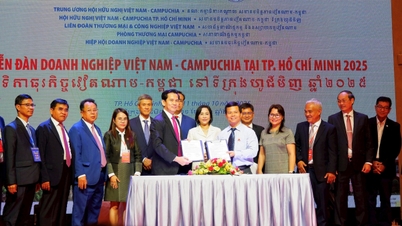


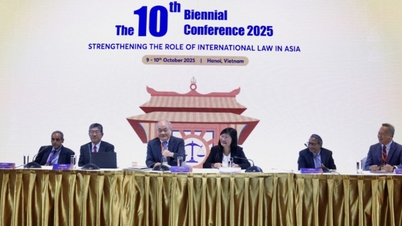









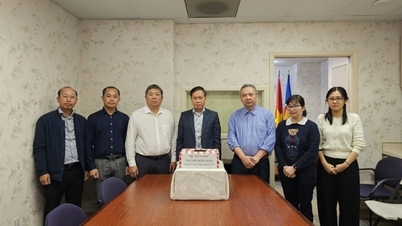
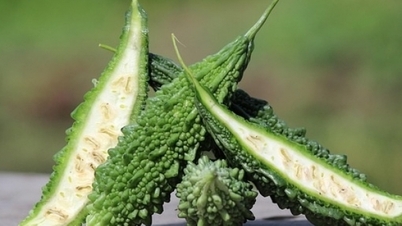

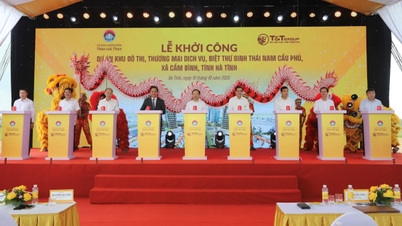


![[Photo] Ho Chi Minh City is brilliant with flags and flowers on the eve of the 1st Party Congress, term 2025-2030](https://vphoto.vietnam.vn/thumb/1200x675/vietnam/resource/IMAGE/2025/10/10/1760102923219_ndo_br_thiet-ke-chua-co-ten-43-png.webp)
































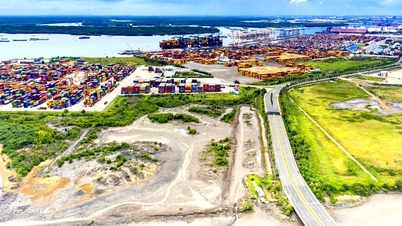
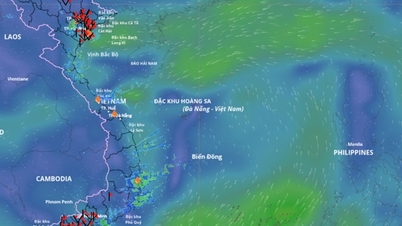

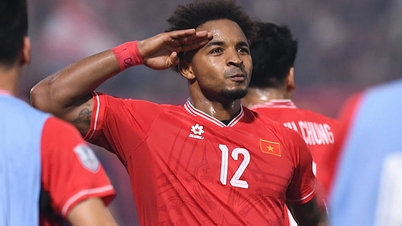
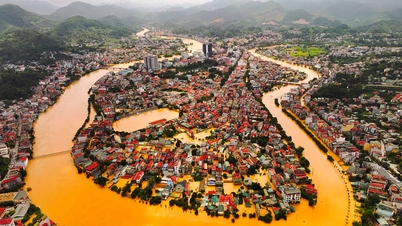
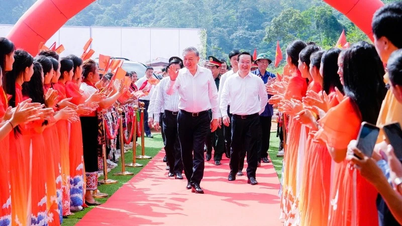




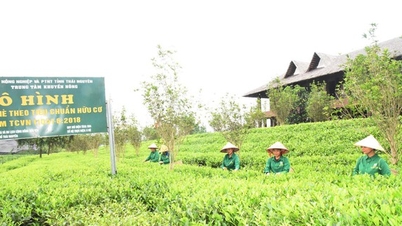
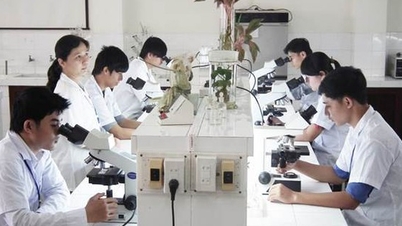
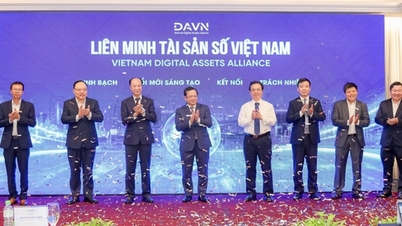
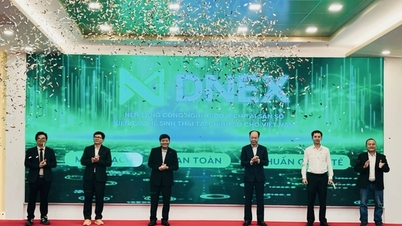

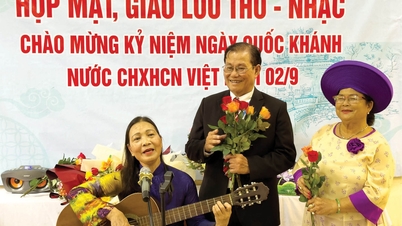


















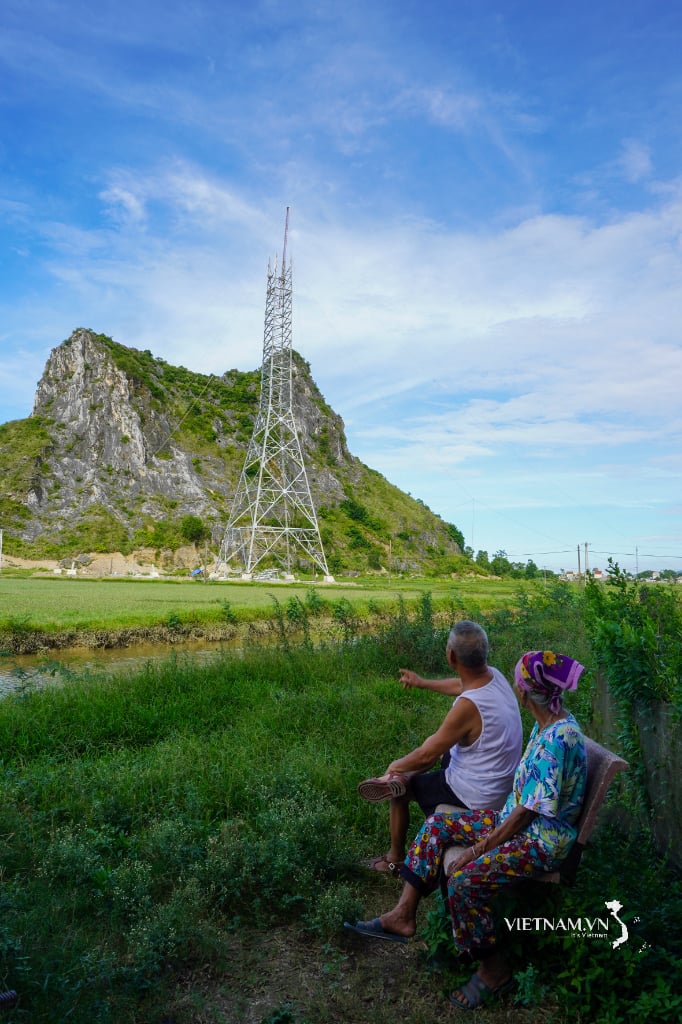
Comment (0)